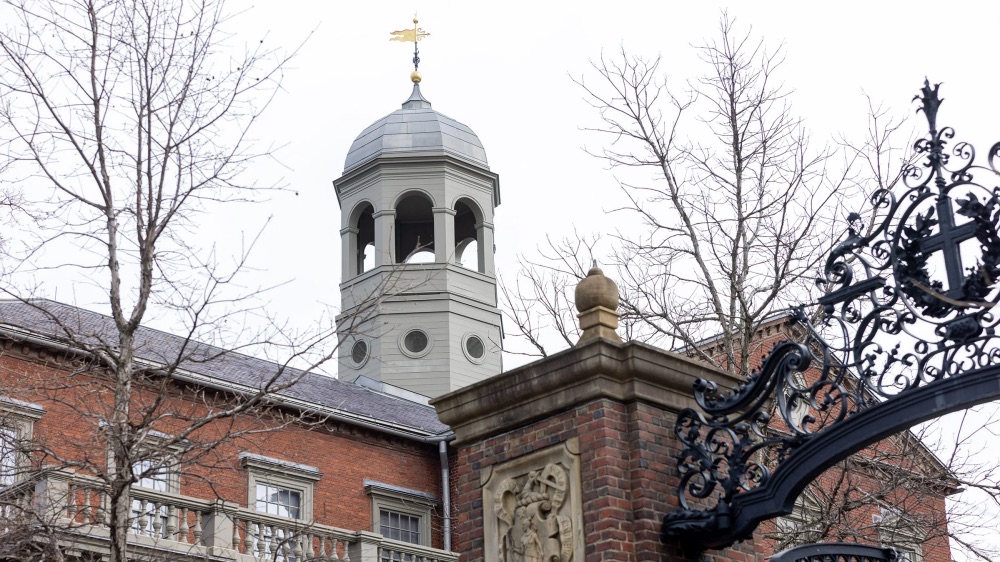WASHINGTON, USA — The Department of Homeland Security has warned Harvard University that it could lose its ability to enrol international students unless it hands over detailed records on visa holders allegedly involved in “illegal and violent activities,” intensifying the Trump administration’s campaign against elite academic institutions.
In a news release on Wednesday, April 16, 2025, DHS said Secretary Kristi Noem issued a letter to Harvard demanding the university provide by April 30, 2025, a full accounting of any foreign students tied to campus unrest, or risk the immediate termination of its Student and Exchange Visitor Program (SEVP) certification.
SEVP certification is a prerequisite for U.S. universities to sponsor international students for student visas. Harvard currently enrols 6,793 international students, making up 27.2% of its student body in the 2024–25 academic year.

Grants Cancelled as Federal Pressure Mounts
The Department also announced the cancellation of two federal grants totalling $2.7 million to Harvard.
The pressure campaign is part of a broader strategy from the Trump administration, which recently froze over $2 billion in multi-year grants and contracts awarded to the university after Harvard refused to comply with a series of federal demands.
Those demands include eliminating diversity, equity and inclusion (DEI) programmes, banning masks at campus protests, implementing merit-based hiring and admissions reforms, and scaling back the authority of what officials have described as overly activist faculty and administrators.
A related federal initiative involves revoking visas for hundreds of students, researchers and faculty members at universities across the U.S., citing links to security concerns ranging from alleged ties to terrorist groups to past misdemeanours.
University Defiant
In response, Harvard said it was aware of the DHS letter but rejected any suggestion that it would compromise its autonomy.
“We will not surrender our independence or relinquish our constitutional rights,” a university spokesperson said in a statement.
“We will continue to comply with the law and expect the Administration to do the same.”
“If federal action is taken against a member of our community, we expect it will be based on clear evidence, follow established legal procedures, and respect the constitutional rights afforded to all individuals.”
Allegations of Hostility, Calls for Data
The DHS letter reportedly accuses Harvard of fostering a “hostile learning environment” for Jewish students.
According to The Harvard Crimson, the department requested records detailing any foreign students involved in campus protests, disciplinary actions related to threats or disruptions, and any known threats to peers or staff.
“It is a privilege to have foreign students attend Harvard University, not a guarantee,” the letter reportedly states.
The federal government’s moves come amid escalating tensions on campuses over protests linked to the ongoing Israel-Hamas conflict.
The administration has said its actions are part of a broader effort to combat antisemitism, while critics have accused it of infringing on academic freedom and targeting dissent.
Wider Fallout
This week, Harvard researchers warned they might have to lay off staff and euthanise lab animals due to the funding freeze, highlighting the wide-reaching consequences of the federal crackdown.
The Internal Revenue Service has also indicated plans to review—and potentially rescind—Harvard’s tax-exempt status, another front in the administration’s escalating conflict with the Ivy League institution.
As the April 30 deadline approaches, Harvard has not indicated whether it will comply with the DHS’s data request.
The standoff raises significant legal and constitutional questions, particularly around federal authority over academic governance and the rights of international students.







